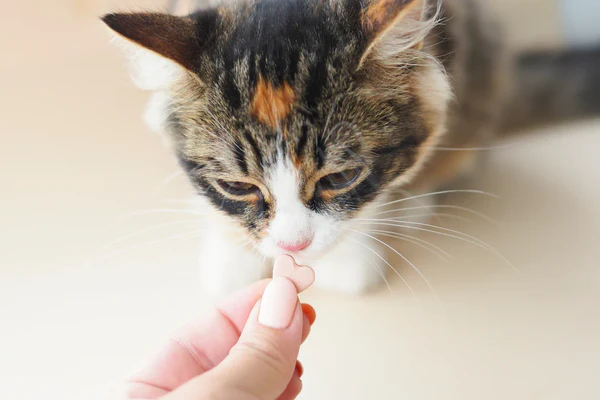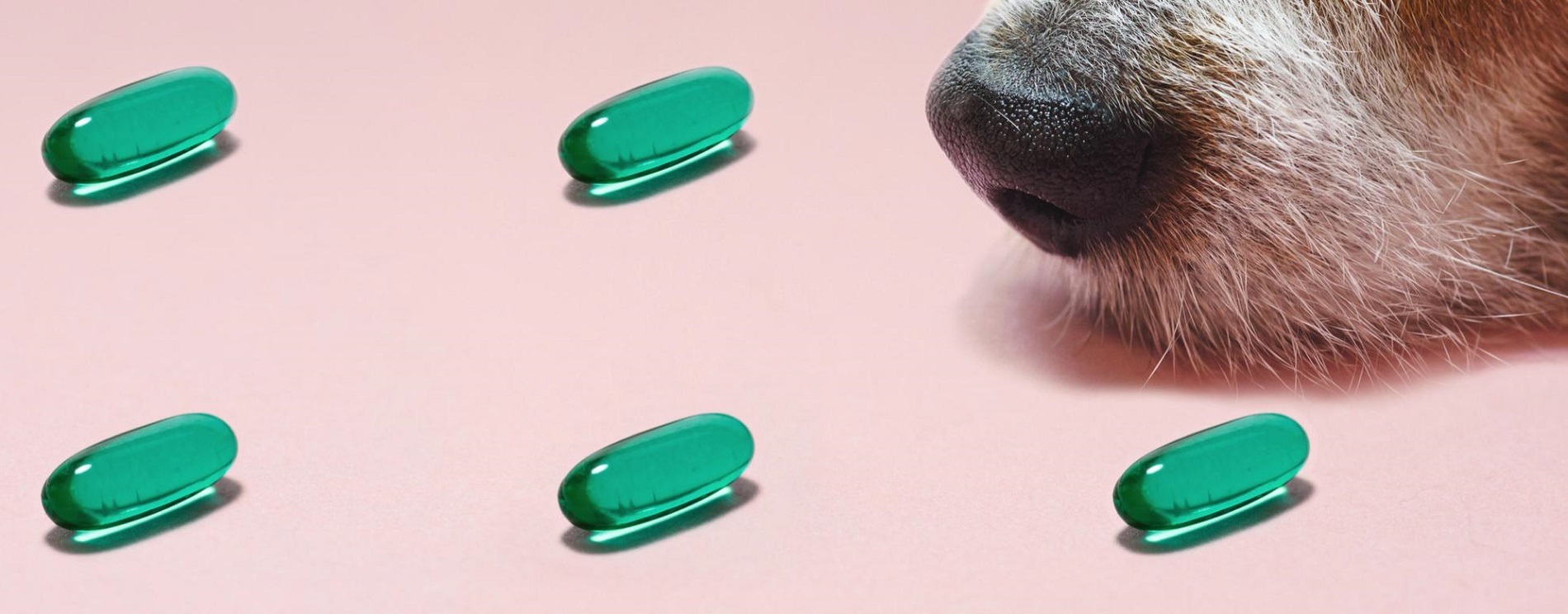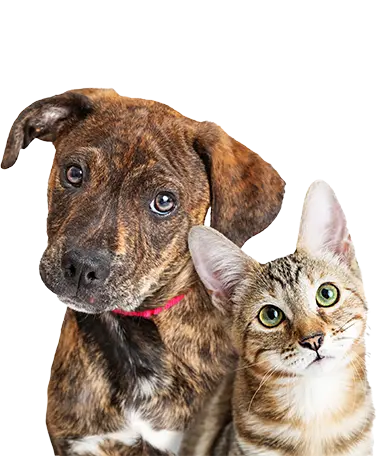Reviewed by Dr. Sarah Yosry
Updated on 08/08/2024
Reading time 4 min.
Overview
Severity: Low
Life stage: All
Vitamins are a group of low molecular weight organic compounds that are essential for the normal function of all of our pets’ organs and systems. Most of them are contained in pet food, which is very convenient! But sometimes pets still need extra care and supplements – we will tell you how to choose them.
What are vitamins even for?
In short: to make up for the deficiency of useful substances that may be lacking in industrial feeds or other foods.
More precisely: to support the pet’s body during its active growth, illness or rehabilitation period, as well as in old age.
Most often animals need the same vitamins as humans – A, B group (pantothenic and folic acid, thiamine, riboflavin), D, E, K and vitamin C, which is produced in the body of cats and dogs, but in insufficient quantities.
How to realize that vitamins are not enough?
Check the diet you have chosen for your pet. If it is a natural diet, it may be difficult to balance the necessary substances. In this case, consult a veterinarian – he will prescribe the necessary supplements.
Do not plan the type and doses of vitamins yourself their excess or deficiency can be very harmful to health.
For example, an overdose of vitamin A causes dehydration, joint pain and even damage to blood vessels.
For those who choose ready-made pet food for their pet, it’s much easier. Quality premium and super-premium industrial food has all the necessary micronutrients.
A little more about additives
Many owners enrich their pets’ meals with omega fatty acids, pro- and prebiotics. But are they really necessary for cats and dogs?
Omega-3 and Omega-6 fatty acids. Studies by American veterinarians have confirmed that fish oil supplements are beneficial: they reduce inflammation and improve skin and coat health. If the pet has health problems, the doctor can prescribe a complex of such preparations. However, it is necessary to take them for a long time and necessarily under the supervision of a doctor. Some dogs and cats may refuse to take supplements – in this case, it is also better to consult a veterinarian and choose a food that already includes them in the composition.
Prebiotics and probiotics – strengthen the intestinal microflora. These components are convenient to add to the animal’s food separately from the feed – for this purpose they are dried using a special technology. But they can also be found in the composition of ready-made industrial feeds, in case you do not want to spend time or effort on additives after the main meal of the animal.
Conclusion
Remember that a balanced food is the key to the health of the pet. It contains not only meat, vegetables and nutritious grains, but also a daily allowance of vitamins, minerals and other nutrients.
Take the time to consult with your veterinarian to make sure your unique and beloved pet’s diet is correct once and for all.

Share this, choose your platform!
Writen by
Dr.Sarah Yosry
DVM
A product of a rich Australian/Egyptian heritage, Dr. Sarah Yosry stands as a testament to the union of diverse cultures and a shared love for animals.



